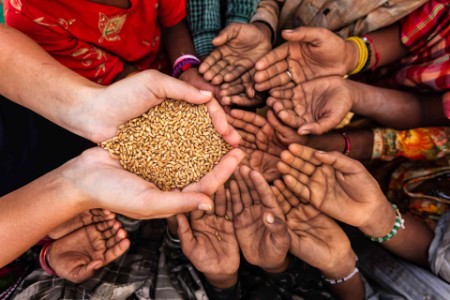Australia now has a Modern Slavery Act, which came into effect on 1 January 2019.
Investors have taken notice of human rights and supply chain risks in their investment portfolios. Not only because of reputational risk concerns, but also due to the understanding that an organisation’s commitment and maturity to address environmental, social and governance (ESG) risks is an indicator for overall strong governance, corporate ethics, resilience and long-term value creation potential.
The EY 2018 Investor Survey found that human rights practices and supply chain risks are two areas that saw the most substantial increase in investor attention between 2017 and 2018. In 2018 investors reported that 52% and 49% would rule out an investment due to supply chain ESG risks and human rights practices, respectively.
Although there is a clear case for organisations to review their supply chains to address incidences of modern slavery and build stronger businesses, action to date has been predominantly reactive and isolated to a few market leading businesses.
The Modern Slavery Act requires disclosure of:
- The entity’s structure, its operations and its supply chains,
- The modern slavery risks present in the entity’s operations and supply chains,
- The actions taken by the entity to assess and address those risks, including due diligence and remediation processes
- How the entity assesses the effectiveness of such actions
- The process of consultation with any entities that the entity owns or controls
What is Modern Slavery?
Modern slavery includes the crimes of human trafficking, slavery and slavery like practices, such as forced labour, the sale and exploitation of children, and bonded labour. The most common form of modern slavery in corporate supply chains is bonded or indentured labour that occurs through the exploitation of vulnerable migrants who are subject to debts from labour recruitment fees.
Summary
As a key human rights risk for many businesses, modern slavery continues to be a serious problem both in operations and supply chains. Latest estimates suggest that over 40 million people are currently subject to forced or bonded labour or servitude. This historically under-regulated area is now subject to mandatory reporting in Australia.


